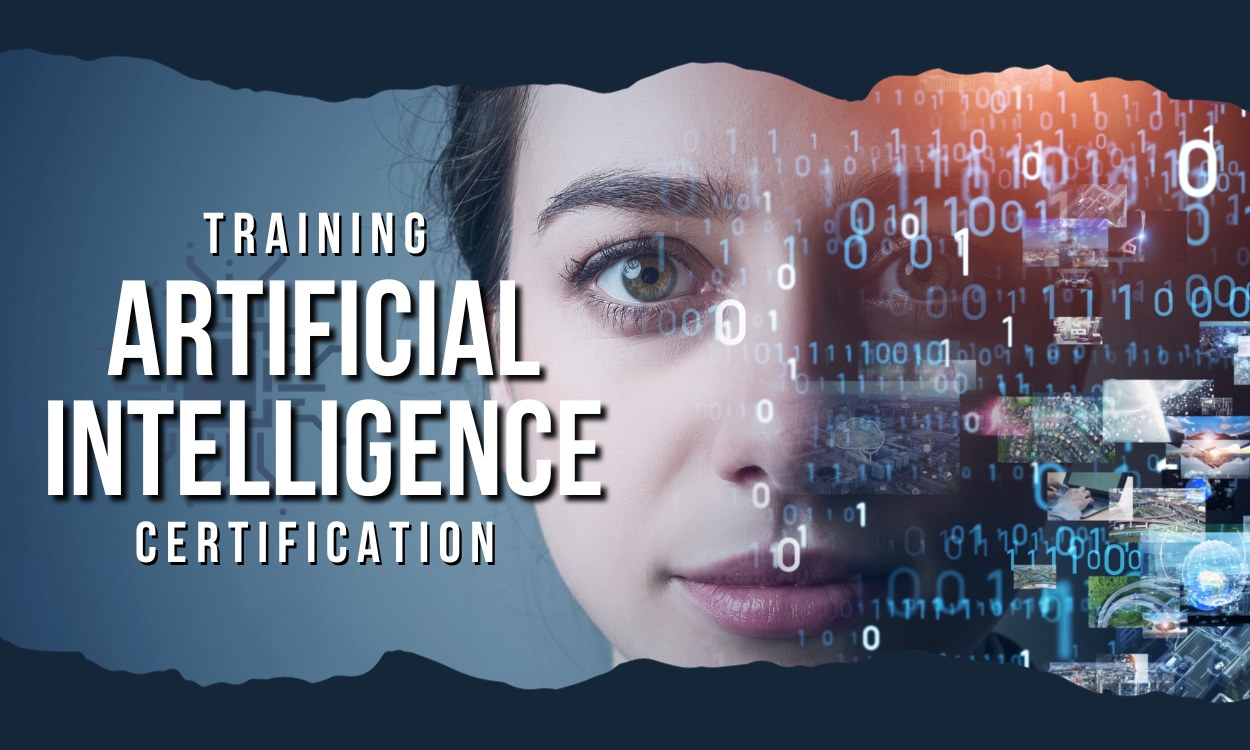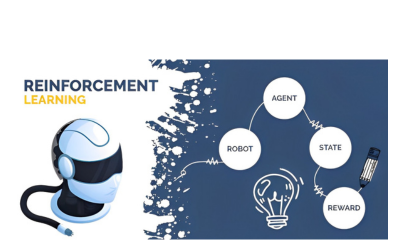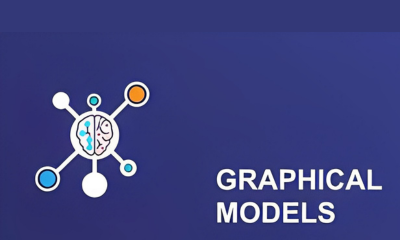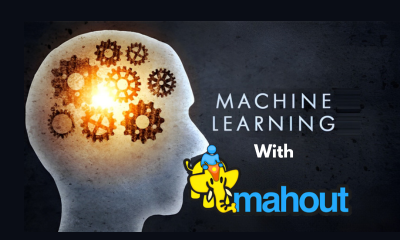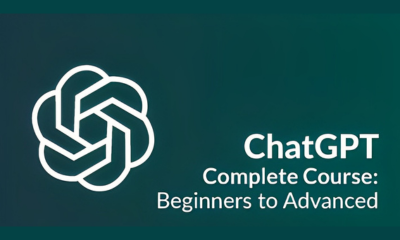The Advanced Artificial Intelligence Course from CertHippo teaches you the fundamentals of text processing and text classification as well as significant ideas like tokenization, stemming, lemmatization, POS tagging, and many others. You will learn how to use the most recent TensorFlow 2.0 package in Python to implement well-known algorithms like CNN, RCNN, RNN, LSTM, and RBM. You will also learn how to perform image pre-processing, image classification, transfer learning, object detection, and computer vision. In order to meet the most recent industry demands and requirements, this course was carefully selected by industry experts after extensive research. Join the global revolution now to unleash the power of artificial intelligence and advance your career.


